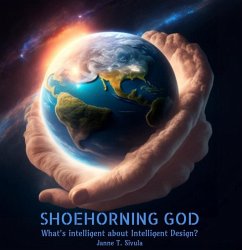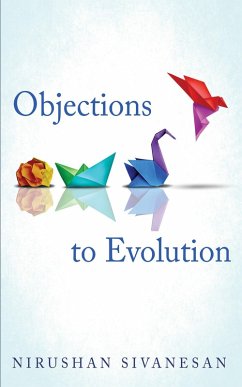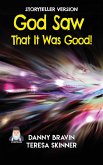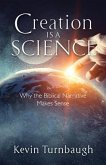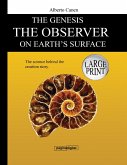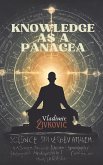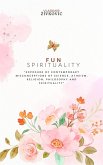I discuss the theology of ID. Theologically, ID proponents present a faulty idea of a Designer. They advocate belief in a God who first fine-tunes the laws of nature but nevertheless has to construct life on Earth through separate deeds. They hypothesize a Great Architect who creates a world, and the building blocks for life using natural laws. The other, the Demiurge, picks up the building blocks and develops life into its specific forms artificially.
I also discuss the problems in ID thought that prevent it from becoming a valid science. The explanation is useless scientifically. It does not present a (hypothetical) sequence of operations taken by the Designer. Scientifically, it is near impossible to prove that a supernatural Designer has intervened in the creation of life. You cannot rule out all the possible unknown natural explanations and mechanisms. Questions of design deal with teleology, which is a philosophy of purpose. It is misguided to demand that natural scientists concern themselves with them. I also ask, how can the activity of a supernatural entity, for which we have no clear a priori evidence, be a parsimonious explanation?
I contemplate the theological and moral implications of evolution. It is seen as a godless and materialistic philosophy. The claim that human beings evolved from simpler forms is thought to endanger their special status as God's creation. Creationists oppose evolution ideologically, smearing it with connections to racism and a loss of morality. Many fear that accepting evolution may lead to the degradation of values. They overstate the metaphysical implications of the theory of evolution and present it as an evil. This is not in line with what science is saying about human evolution.
The proponents of ID promote a false dichotomy between evolution and design. The endeavor to look for gaps in our current understanding of the history of life on Earth makes design a target for new scientific discoveries. This makes the ID approach self-defeating.
I will address the general approach and tone of argumentation of the Intelligent Design movement. This book is a response to the myriad pro-Intelligent Design and anti-evolution arguments I have encountered in discussions, articles, and books. This is a response to evolution denialism, primarily within Intelligent Design but also in other creationist literature and discussion. I will not attempt to refute their central point - the existence of design in the universe - which I find feasible given an appropriate and coherent context, method, and meaning. Thus, this book could be characterized as a criticism of evolution criticism. I view the universe as an organism as has been the case in numerous religions and philosophies that have characterized the universe as a tree.
Dieser Download kann aus rechtlichen Gründen nur mit Rechnungsadresse in A, B, CY, CZ, D, DK, EW, E, FIN, F, GR, H, IRL, I, LT, L, LR, M, NL, PL, P, R, S, SLO, SK ausgeliefert werden.

